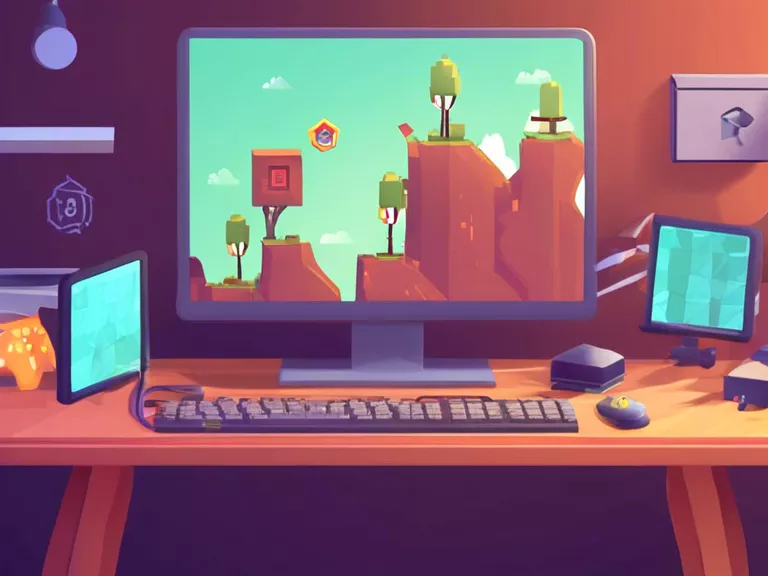
How Player Feedback is Shaping Game Development Through Early Access
Gone are the days when developers would toil away in isolation, creating a game without any outside input until it was finally released into the world. Thanks to the rise of Early Access, players now have the opportunity to provide feedback throughout the development process, leading to games that are more polished and tailored to the desires of their audience.
Early Access has become a popular method for developers to get their games into the hands of players before they are officially completed. This allows players to experience the game in its early stages, providing feedback on everything from gameplay mechanics to bugs and glitches. Developers can then use this feedback to make improvements, fix issues, and ultimately create a better final product.
One of the key benefits of Early Access is the ability for developers to iterate on their game based on player input. Instead of waiting until the game is fully developed to see how players react, developers can make adjustments in real-time, ensuring that the game aligns with the expectations and desires of its audience.
Additionally, Early Access can help developers build a dedicated community around their game. By involving players in the development process, developers can foster a sense of ownership and loyalty among their fans, creating a supportive community that is more likely to stick around even after the game is officially released.
Of course, Early Access is not without its challenges. Developers must be prepared to handle a constant influx of feedback, both positive and negative, and navigate the delicate balance between staying true to their vision and incorporating player suggestions. However, when done right, Early Access can be a powerful tool for shaping the future of game development.
In conclusion, player feedback through Early Access is revolutionizing the way games are developed. By involving players in the process from an early stage, developers can create games that are more responsive to the needs and desires of their audience, leading to a more enjoyable and successful final product.



